GHGA is a research network that collaborates with national and international partners, ensuring strong integration within biomedical research. These collaborations support the adoption of internationally compatible data-sharing standards and foster connections between national and global initiatives.
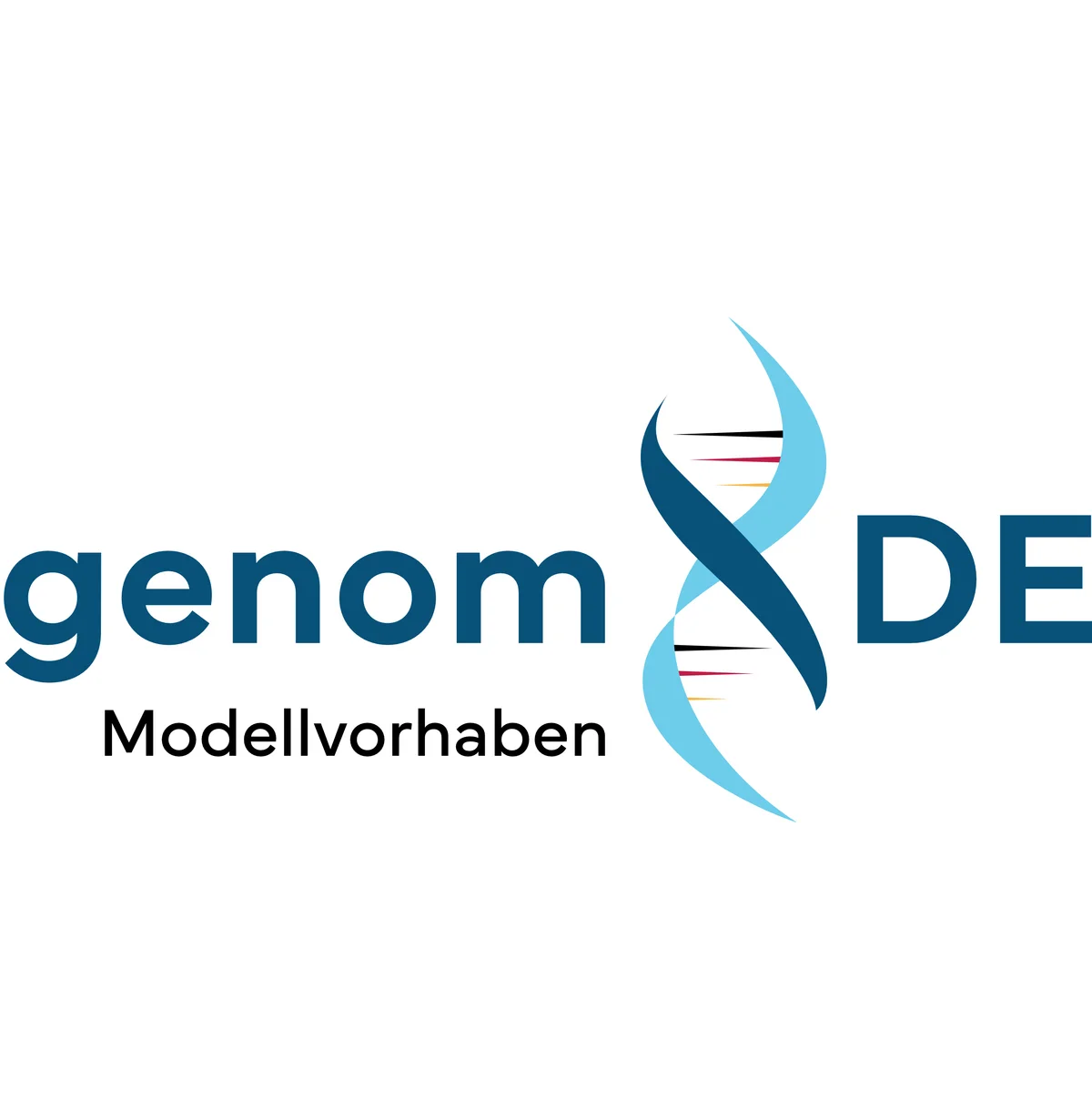
The aim of genomDE model project is to bring genomic medicine into standard care. The resulting genome data is archived in GHGA and, with the patient's consent, made available for research.
Learn more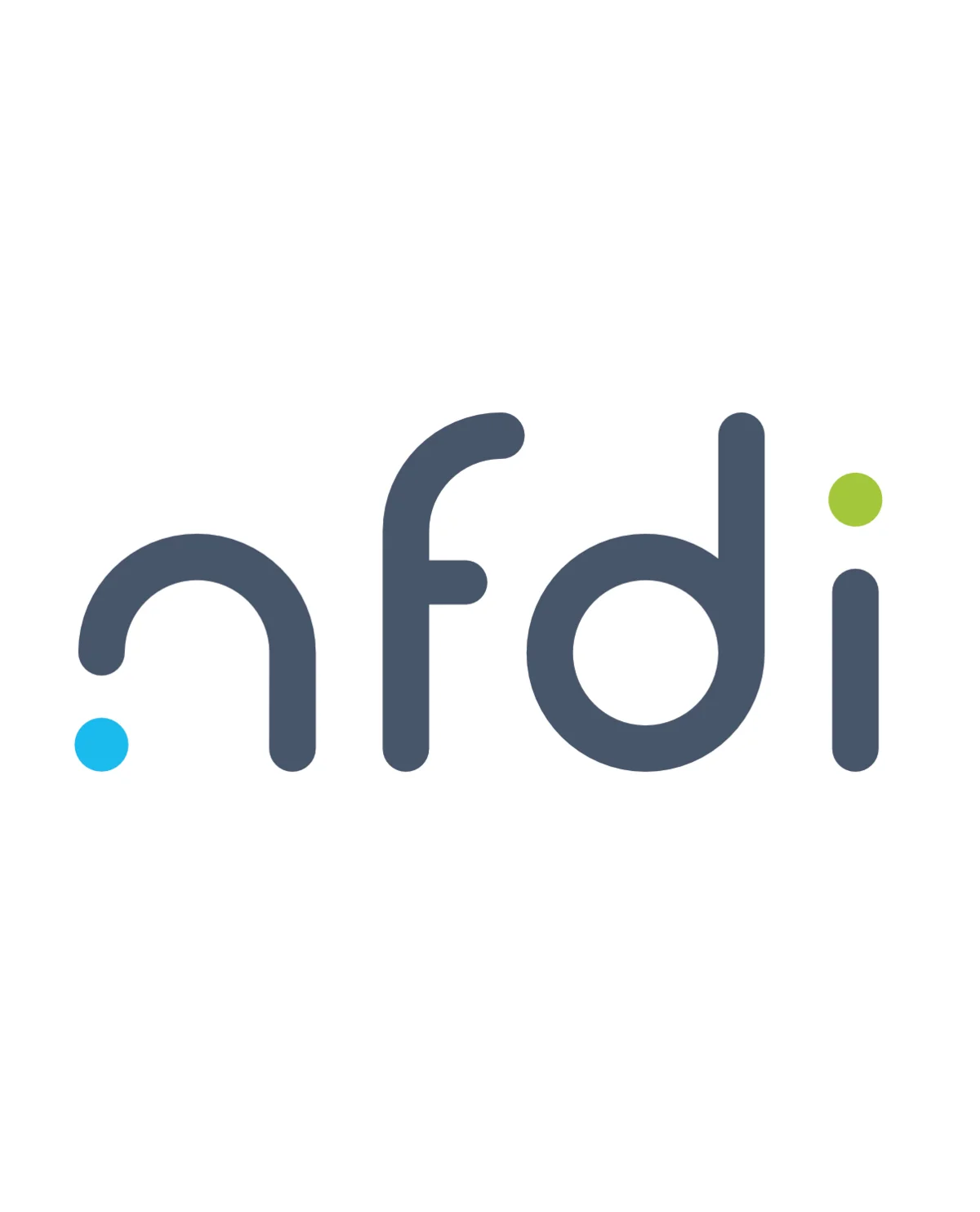
Under the NFDI umbrella, GHGA creates specialized tools and services tailored to its community, while collaborating with other NFDI consortia to establish shared standards.
Learn more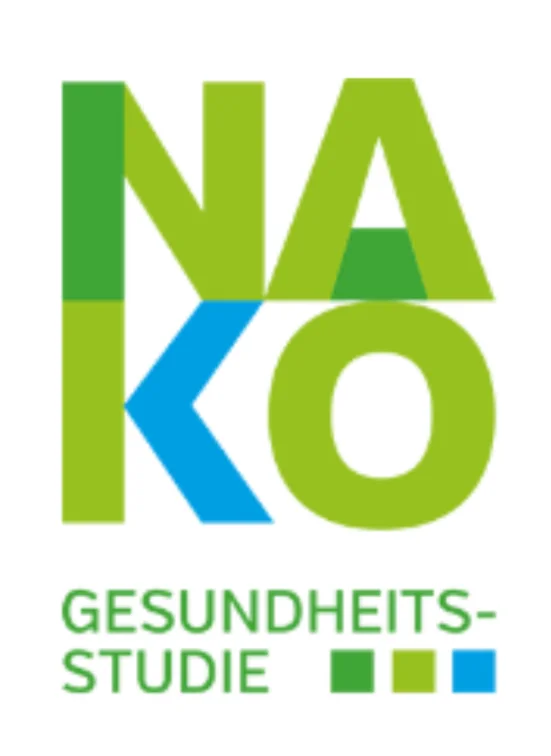
NAKO is Germany’s largest long-term population study, collecting health data from 200,000 participants to investigate disease risk factors, with GHGA ensuring secure storage and processing of its expanding omics data.
Learn more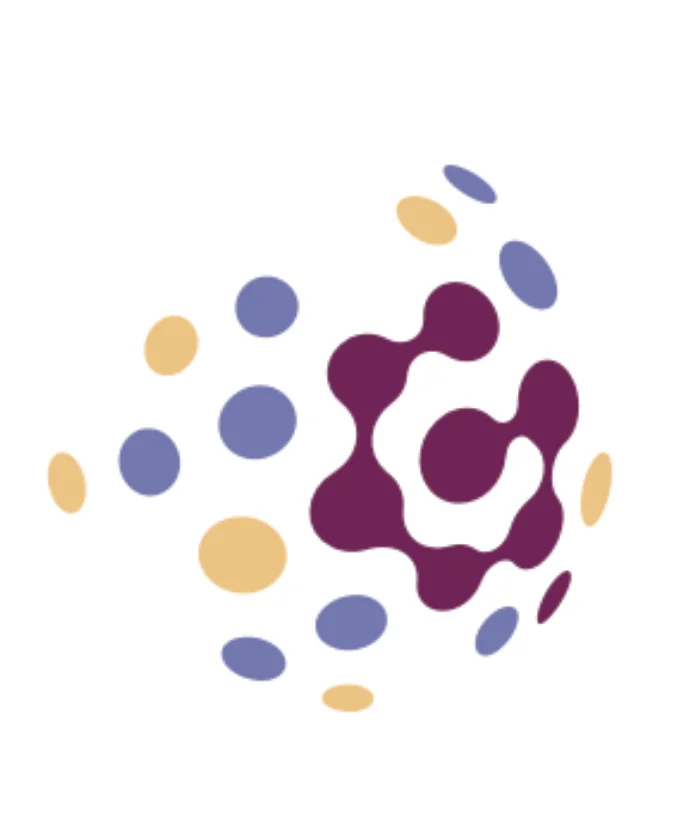
GHGA is the German node of the European Genomic Data Infrastructure, which aims to advance data-driven biomedical research and personalised medicine for the benefit of European citizens and to support the European 1+MG initiative.
Learn more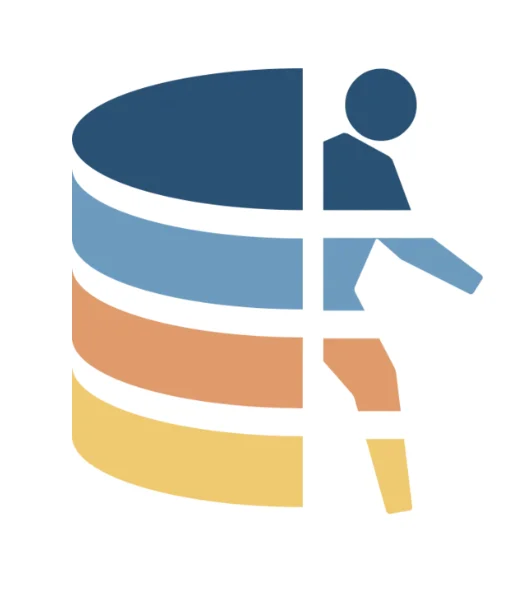
As part of the federated European Genome-phenome Archive (FEGA), it enables secure data sharing beyond national borders while ensuring compliance with international standards.
Learn more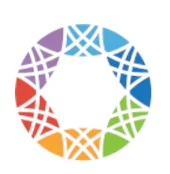
GHGA is part of the GA4GH National Initiatives Forum (NIF), a global community committed to advancing human health through collaboration and the exchange of knowledge.
Learn more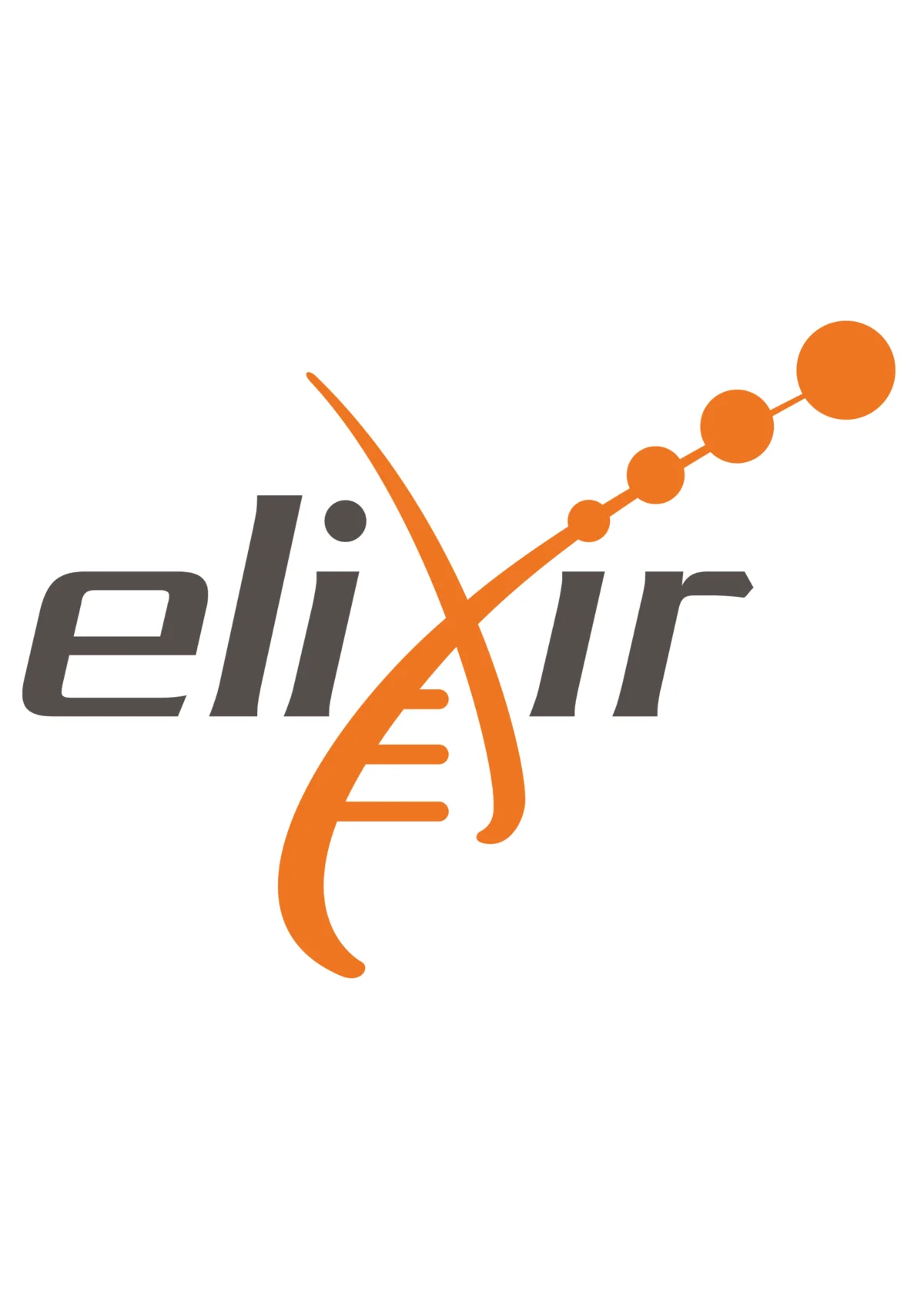
GHGA collaborates with de.NBI and ELIXIR-DE, leveraging their robust cloud and computing infrastructure to advance genomic research. This partnership ensures technical alignment on cloud standards, seamless data integration, and interoperability.
Learn more
GHGA collaborates with nf-core to develop and support standardized bioinformatics workflows, enhancing existing pipelines for genomic and phenotypic data to ensure community alignment, interoperability, and efficiency.
Learn more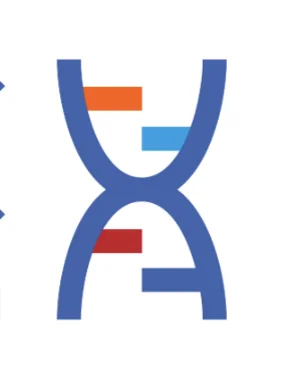
GHGA will help develop a data-sharing and analysis platform for the ITCC consortium, enhancing molecular diagnosis and targeted therapies for childhood cancer by streamlining genomic data integration and analysis.
Learn moreIn addition to the partners mentioned above, GHGA is cooperating with several national and international organisations and stakeholders such as the Single Cell Omics Germany, DeCOI, Next Generation Sequencing Competence Network (NGS-CN)and e:med.
In addition we work closely with the Alliance of Chronic Rare Diseases e.V. (ACHSE), which represents individuals with chronic rare diseases and their families in Germany, as well as with the National Action League for People with Rare Diseases (NAMSE) and the Solve-RD European research program. The goal is to establish a reference genome collection and provide tailored workflows addressing the needs of the rare disease community.
In the application process, GHGA received Letters of Support from the following institutions and societies: